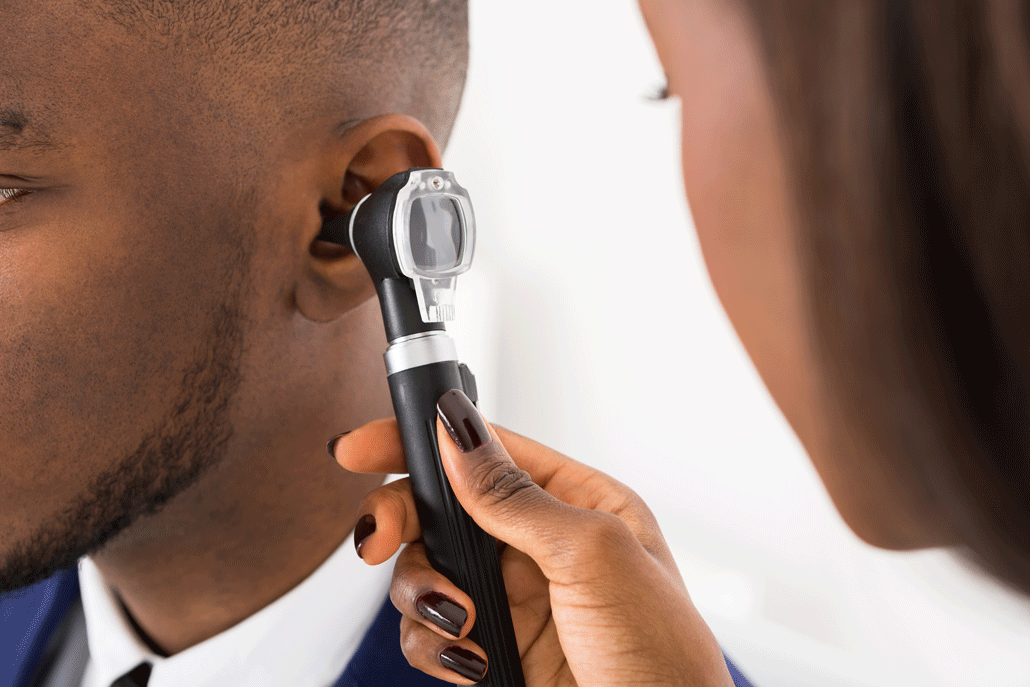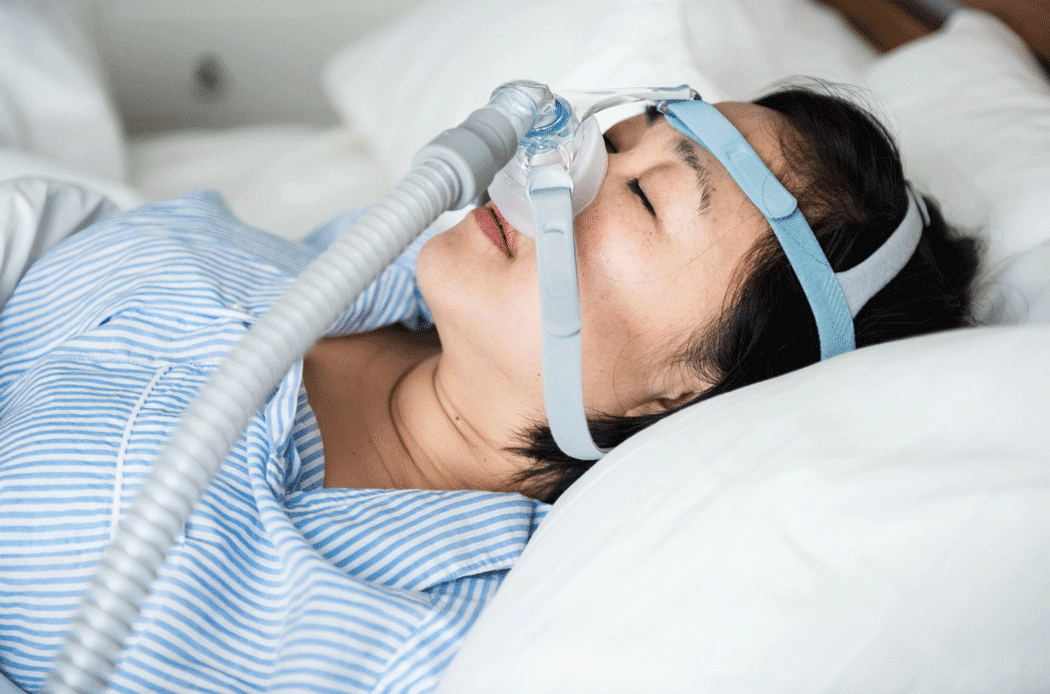
When most people think about hearing loss, they generally picture people working construction or attending loud concerts. However, these are not always the case, and many less-known factors can lead to minor or even severe hearing impairment. However, age-related hearing loss (presbycusis) is a common cause of hearing loss worldwide.
There are plenty of other things that could be damaging your hearing without you knowing it.
1. Exposure to loud sounds
The most well-known risk factor for hearing loss is exposure to loud sounds. We can divide this into two categories:
- Exposure to explosive noises, such as firearms, jet engines, motorcycles, and snowmobiles, can cause permanent hearing damage.
- Long-term exposure to loud noises. Listening to loud music regularly or having a noisy work environment (e.g., a factory or construction site) can cause inner ear damage. This tends to be more gradual, making people less likely to notice it immediately.
2. Genetics
Genetics is one of the risk factors outside of someone’s control. The genetic makeup can make someone more vulnerable to hearing damage. This includes damage from loud noise and age-related hearing loss. If your parents or grandparents suffer from hearing loss, you must protect your hearing diligently. This means being aware of the risk factors on this list and receiving regular hearing tests.

3. Chronic Stress
Chronic stress can increase the likelihood of developing several health issues, such as tinnitus, a hearing-related condition. Although the exact correlation between stress and hearing loss is not fully understood, it will likely be connected to circulation. When we experience stress, our bodies temporarily shift oxygen to our muscles, which can affect the inner ear over time and cause damage.
4. Certain Medications
Some medications, such as drugs for erectile dysfunction and chemotherapy, can cause damage to the inner ear, which can affect hearing. If you are worried about how your medication may impact your hearing,speaking to your doctor or an Audiologist can help in the consulting process.
5. Excessive Drinking
Excessive drinking can damage the central auditory cortex. This can result in the brain taking longer to process sound.
6. Vaping
Most e-cigarettes contain nicotine, which can restrict blood flow to various parts of your body, including your inner ear. As a result, vaping can also lead to hearing loss.

7. Some Diseases and Infections
High fever from diseases like meningitis and mumps can harm the cochlea, but the risk of hearing impairment is insignificant. Having had these diseases doesn’t necessarily mean you’ll experience hearing loss.
8. Sleep Apnea
Multiple studies have found that people with sleep apnea are more prone to hearing loss. The reason for this isn’t entirely apparent, though there are a few theories:
- The condition may cause inflammation of the cochlea.
- Years of snoring may damage hearing.
- Sleep apnea can reduce blood supply to the inner ear.
- You can reduce your chances of sleep apnea and, by extension, hearing loss by managing your weight and exercising regularly.
9. Iron Deficiency
A study of over 300,000 adults by researchers at the University of Pennsylvania found a connection between hearing loss and anemia. If a patient suffers from iron-deficient anemia, taking steps to manage their condition could benefit their long-term hearing health.
Prioritizing hearing health.
Scheduling annual hearing tests is one of the best things to be done for hearing, whether at high risk for hearing loss or not. Salem Audiology Clinic can help. We can conduct a hearing test, discuss options with you, and create a customized solution based on your requirements. Call us today at (971) 701 – 6322 and find out what solutions are waiting for you.
